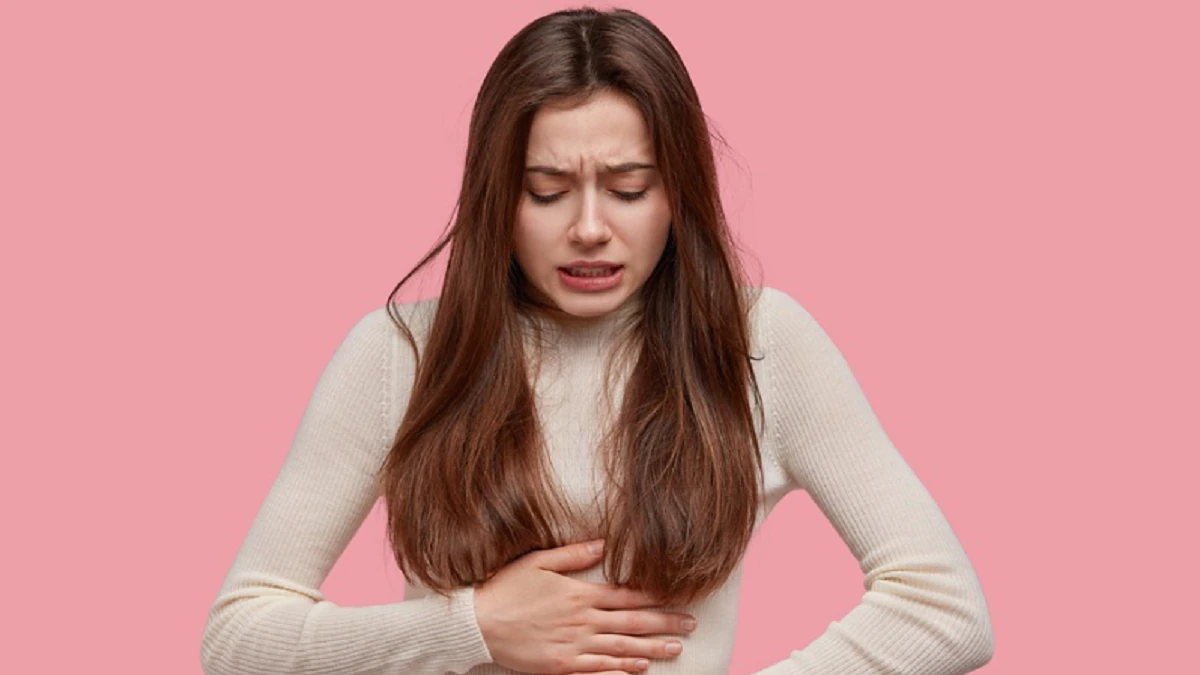
PC: tv9hindi
Having a regular menstrual cycle is important for women's health. If the menstrual cycle is irregular, it can lead to problems like PCOS (Polycystic Ovary Syndrome), which if left untreated can lead to significant health problems. Menstruation in girls usually begins around the age of 12 to 14 years. On the other hand, menopause, the cessation of menstruation, is usually considered between the ages of 46 and 55. However, some studies suggest that the onset of menopause may occur earlier than the prescribed age due to conditions such as premenstrual syndrome (PMS).
It is important to pay attention to the symptoms of premenstrual syndrome (PMS) as ignoring them can lead to various health problems, increasing the risk of serious health conditions in women.
Causes of Premenstrual Syndrome (PMS)
The exact causes of PMS have not been extensively researched, but it may be related to both biological and psychological factors. This condition is usually found in women between the ages of 20 and 40 who have had children or have a family history of depression.

PC: Sanmarg
PMS can have physical symptoms such as abdominal and lower back pain, bloating, acne, and weight gain, and mental symptoms such as restlessness, forgetfulness, irritability, and mood swings.
Recognizing the symptoms of premenstrual syndrome (PMS)
In PMS, physical and mental symptoms can co-exist, affecting both the body and the mind. Physical symptoms may include pain in the legs and feet, back pain, stomach discomfort, and swelling. Psychotic symptoms may manifest as anxiety, amnesia, anger, irritability, and mood swings.

PC: Today
Prevention of premenstrual syndrome (PMS)
Although there are no physical tests for premenstrual syndrome (PMS), the condition can be identified by recognizing these symptoms and considering the patient's medical history. Dietary changes and intake of supplements are recommended to prevent PMS. It is advised to reduce the intake of salt, caffeine, and alcohol in your diet.










